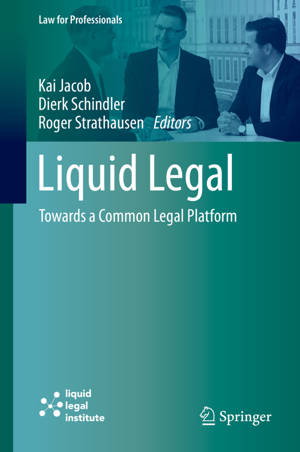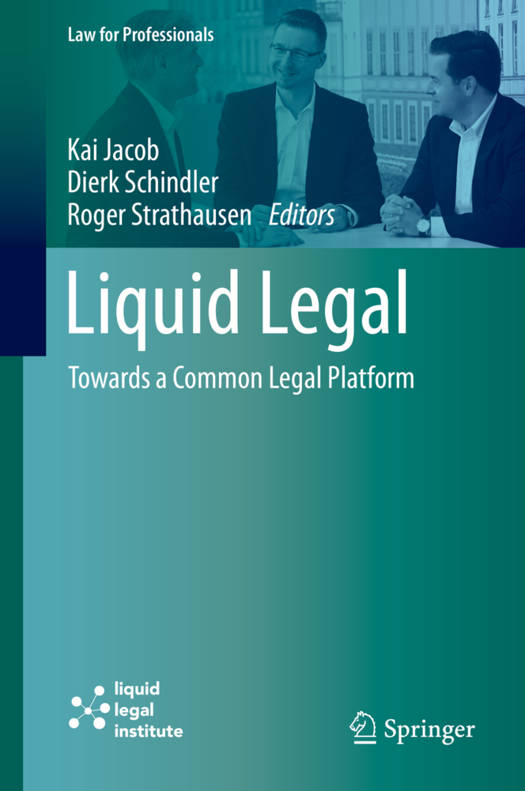
- Afhalen na 1 uur in een winkel met voorraad
- Gratis thuislevering in België vanaf € 30
- Ruim aanbod met 7 miljoen producten
- Afhalen na 1 uur in een winkel met voorraad
- Gratis thuislevering in België vanaf € 30
- Ruim aanbod met 7 miljoen producten
Zoeken
€ 183,45
+ 366 punten
Omschrijving
Three years ago, the first Liquid Legal book compelled the legal profession to reassess its identity and to aspire to become a strategic partner for corporate executives as well as for clients. It also led to the foundation of the Liquid Legal Institute (LLI) - an association that sparks innovation and drives collaboration in the legal industry. This second Liquid Legal book builds on the LLI's progress and on the lessons learned by a legal community that has moved beyond focusing purely on LegalTech. It not only presents an outlook on how legal professionals will operate in the future, but also allows readers to develop a genuine understanding of the value of digitalization, standardization and new methodologies. Further, the book outlines a Common Legal Platform (CLP) and makes it the common point of departure for every author, offering inspiring insights from a wide range of forward-thinking experts who are all invested in driving new thinking within the legal ecosystem. The book also features "Liquid Legal Waves," which provide links between the various articles, connecting concrete ideas, practical solutions and specific topics and putting them into perspective, and so creating a true network of ideas for readers. A must read, this book is vibrant proof of the power of sharing, collaboration and coopetition, helping the legal profession to shape its digital future and revitalize its relevance while retaining a focus on the human lawyer.
Specificaties
Betrokkenen
- Uitgeverij:
Inhoud
- Aantal bladzijden:
- 609
- Taal:
- Engels
- Reeks:
Eigenschappen
- Productcode (EAN):
- 9783030482657
- Verschijningsdatum:
- 28/08/2020
- Uitvoering:
- Hardcover
- Formaat:
- Genaaid
- Afmetingen:
- 156 mm x 234 mm
- Gewicht:
- 1075 g

Alleen bij Standaard Boekhandel
+ 366 punten op je klantenkaart van Standaard Boekhandel
Beoordelingen
We publiceren alleen reviews die voldoen aan de voorwaarden voor reviews. Bekijk onze voorwaarden voor reviews.







